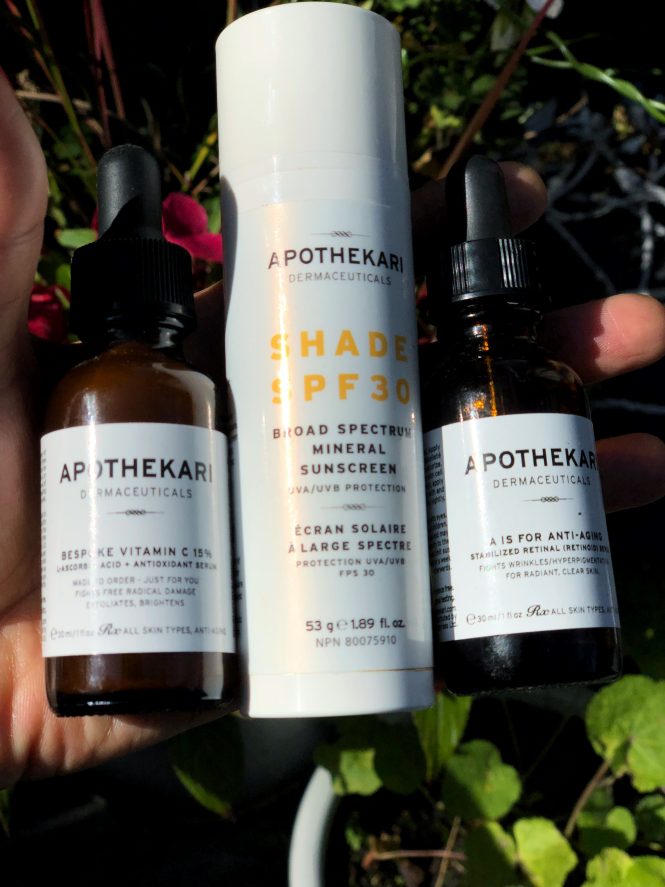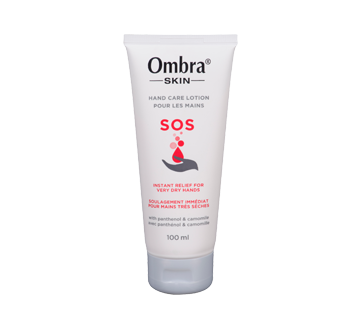

Skin Care SOS situations, where your favorite skincare products suddenly stop working, are common frustrations. These seemingly miraculous serums and creams that once brought a glowing complexion can mysteriously falter, leaving you puzzled and frustrated. This comprehensive guide decodes why your once-loved “holy grail” products are suddenly underperforming, offering actionable insights into ingredient sensitivities, environmental factors, and product longevity, along with tailored solutions to help you pinpoint the root cause and ultimately revitalize your skincare routine. This article will discuss various possible causes of skin care issues, from lifestyle choices to product interactions, and provide practical advice for diagnosis and rectification. It will also address how to adjust your routine, consider a dermatologist consultation, and ultimately, find new skincare heroes for glowing skin again.
Understanding the Sudden Shift in Skin Health
Identifying the Root Cause of Skincare Issues
Skincare SOS situations can arise from various factors. It’s important to understand potential causes to remedy the problem effectively. One of the foremost factors to look into is ingredient sensitivities—products containing certain ingredients, like fragrances, sulfates, or preservatives, can trigger allergic reactions or irritations in some individuals. Over time, some individuals become intolerant to ingredients they were once fine with. This can happen due to fluctuating hormone levels, environmental changes, or even simply an accumulation of cumulative effects. Regularly evaluating your skincare routine for potential sensitivities is crucial. Observing your skin’s response to individual ingredients can help identify triggers and optimize your skincare routine.
The Impact of Lifestyle Factors
Lifestyle choices play a significant role in skin health. Diet, stress levels, and sleep patterns all impact skin regeneration, and even the environmental factors around you can influence your skin. For example, exposure to harsh elements, like the sun’s UV rays or excessive heat, can lead to premature aging and damage, making your skin more prone to issues. Chronic stress can impair the skin’s natural healing process, potentially exacerbating pre-existing conditions or leading to new problems. Maintaining a healthy lifestyle—including eating a balanced diet, managing stress, and getting enough sleep—is essential for optimal skin health.
Evaluating Product Quality and Expiration Dates
The Importance of Product Integrity
The efficacy of skincare products is deeply linked to their quality and freshness. It is easy to overlook, but product expiration dates are a critical factor to consider. Expired products may no longer contain the original active ingredients in their intended concentrations, leading to diminished effectiveness or potentially even causing irritation. Moreover, improper storage conditions, like exposure to heat, light, or humidity, can degrade the quality of products, compromising their efficacy and potentially causing harmful side effects. Regularly checking expiration dates and storing your products correctly can maintain the effectiveness of your skincare arsenal.
Inspecting Products for Signs of Degradation
Physical changes in your skincare products might suggest degradation—for example, discoloration, separation of ingredients, or the presence of unusual particles. These changes can indicate that the product has deteriorated and may no longer be safe or effective. It is crucial to promptly discard products that exhibit signs of degradation to prevent potential skin irritation or other adverse reactions.
Assessing Changes in Skin Care Routine and Adjustments
Identifying Unforeseen Reactions
Sometimes, an unforeseen reaction to an ingredient or product can occur due to gradual shifts in your skin’s tolerance levels. Environmental factors and lifestyle changes can all play a role in these unforeseen reactions. It is often subtle shifts in your routine that lead to these reactions. An abrupt change or a new product may inadvertently trigger an adverse reaction, even if the product has been used without issue before.
Modifying Your Routine to Address Issues
To address such issues, carefully evaluate any recent alterations to your routine. Introducing new products, changing formulas, or increasing application frequency could all potentially be contributing factors. Consider temporarily removing the suspected product from your routine and monitoring your skin’s response over a period of a few weeks. If your skin improves, it is likely that the suspected product is the culprit. This approach can help in identifying triggers and recalibrating your routine for better results.
Seeking Professional Advice and Solutions
Consulting a Dermatologist for Diagnosis
If you’re experiencing persistent skin issues despite adjusting your routine, it’s essential to consult a dermatologist. A dermatologist can provide a professional diagnosis, assess your specific skin concerns, and recommend tailored solutions based on your individual needs. This might include a skin biopsy, patch test, or other diagnostic tools to pinpoint the root cause of any skin issues.
Exploring Dermatologist Recommendations for Personalized Solutions
A dermatologist can evaluate your skin condition in detail and recommend a tailored plan. This approach often includes a detailed skincare consultation and personalized recommendations for your skincare routine, product selection, and potential lifestyle adjustments to enhance your skin health.
Addressing Ingredient Sensitivities
Identifying Triggers and Avoiding Them
It is important to identify the specific ingredients that might be causing the issue. The best way to avoid unforeseen reactions is through consistent self-observation. You can employ a gradual approach to identify and avoid those ingredients in the future. Identifying and avoiding these triggers is crucial for maintaining healthy skin. Keep a skincare journal, noting products used and any skin reactions observed to track the connection between ingredients and your skin’s responses.
Utilizing Hypoallergenic Options to Find Solutions
If a particular ingredient is identified as the trigger, it is crucial to transition to hypoallergenic options. These products are formulated with minimal or no potentially harmful ingredients, minimizing the risk of allergic reactions or irritations.
Q: How do I determine if a skincare product is expired?
A: Check the product’s expiration date—usually located on the packaging. Products may also show signs of degradation, such as discoloration, separation, unusual particles, or changes in consistency. Additionally, ensure that products are stored in a cool, dry place away from direct sunlight or heat.
Q: What are some lifestyle factors to consider when troubleshooting skin issues?
A: Your lifestyle significantly impacts skin health. Regular stress management, sufficient sleep, and a balanced diet all contribute to optimal skin regeneration. Environmental elements, like sun exposure, heat, and humidity, can also affect skin health.
Frequently Asked Questions
Q: What should I do if my holy grail products suddenly aren’t working?
A: If your holy grail skincare products aren’t delivering the expected results, it’s essential to analyze potential causes. Start by evaluating your skin’s response to each product individually. Gradually remove any new or recently incorporated products to see if symptoms improve. Examine your skincare routine for recent changes, such as adding or removing products, changing application frequency, or altering your lifestyle. Consulting with a dermatologist can provide a professional evaluation and customized solutions.
In conclusion, Skin Care SOS situations, where your favorite products suddenly stop working, are frustrating but often solvable. Understanding the possible factors—from ingredient sensitivities to product expiration—and implementing a proactive approach will help you identify the root cause and regain effective skincare. Remember to prioritize listening to your skin’s signals, adjusting your routine, and consulting a dermatologist if needed. For personalized advice and to delve deeper into specific skincare concerns, schedule a consultation today! #SkincareSOS #SkincareRoutine #SkincareTips